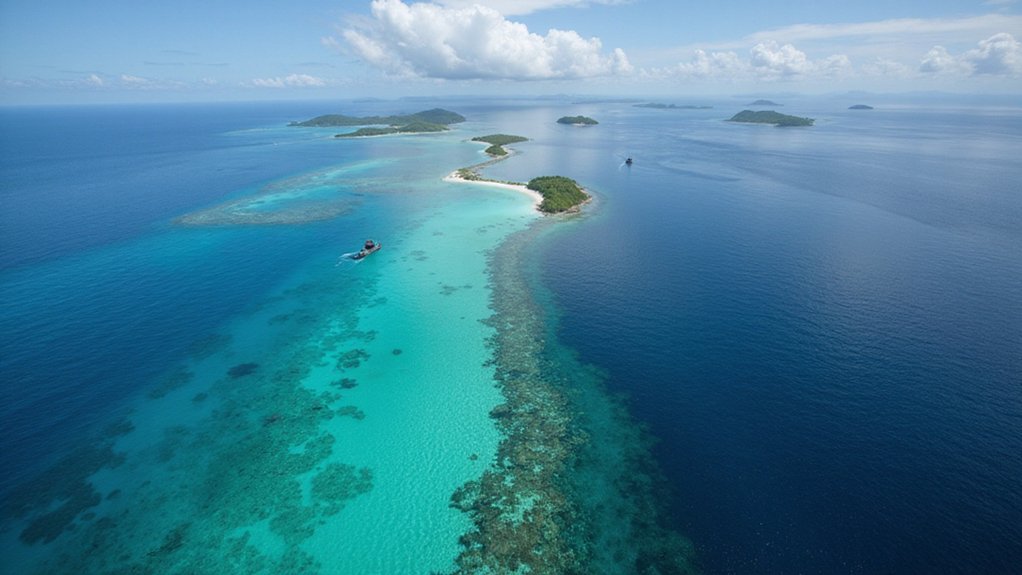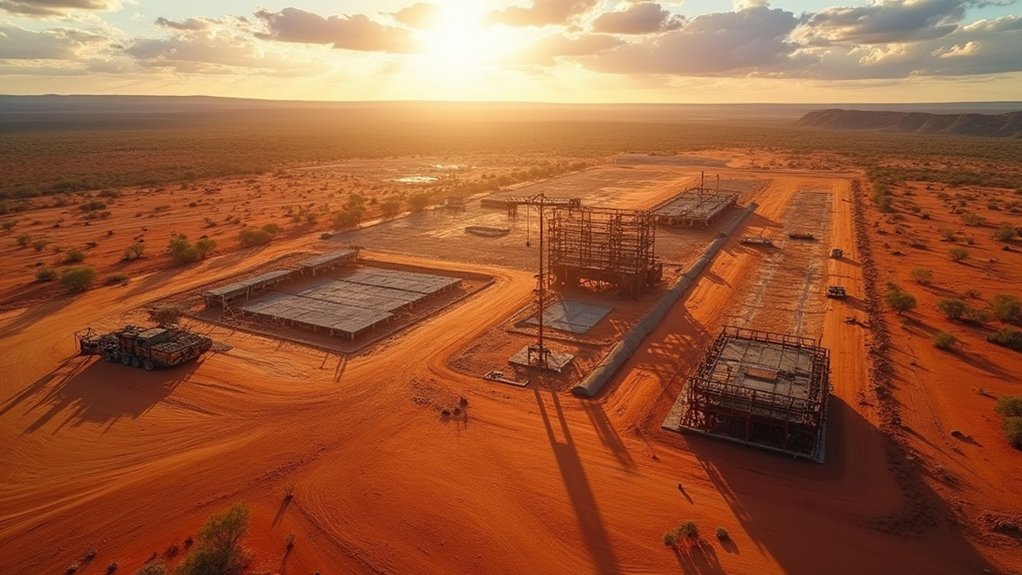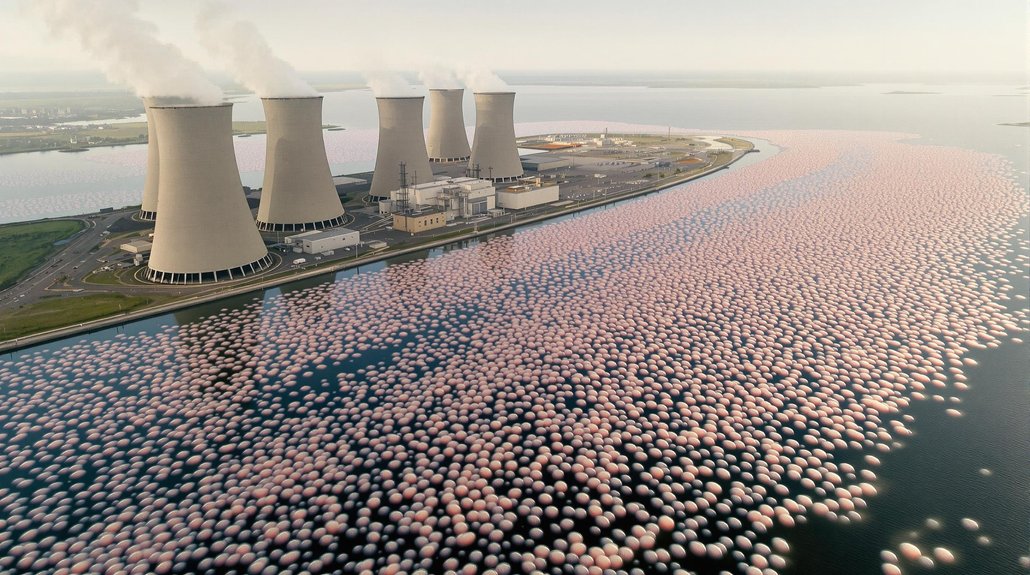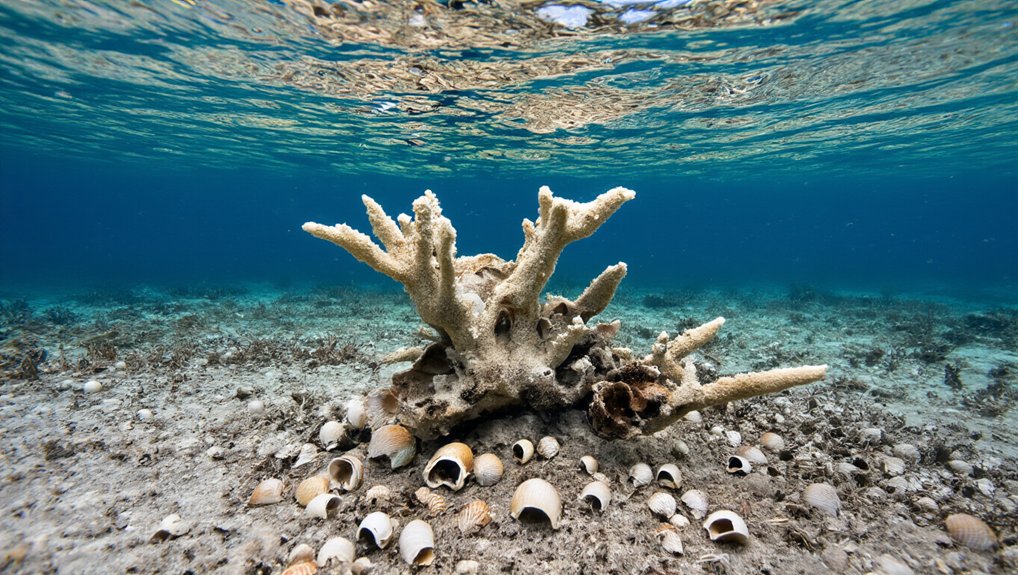While Pacific nations have historically worked together on many global issues, a growing divide over deep-sea mining threatens their unity. The split has become clearer as the United States moves to speed up seabed mining permits through Executive Order 14285, bypassing international regulations.
Pacific island nations have taken different positions on mining the ocean floor. Nauru, Cook Islands, Kiribati, and Tonga support deep-sea mining for its economic benefits. They see it as a way to bring money to their small economies.
Several island nations view seabed mining as a vital economic lifeline for their resource-limited communities.
But Fiji, Palau, Vanuatu, Samoa, and Tuvalu want a pause on mining until more research is done. French Polynesia, Hawai’i, and New Caledonia have gone further by banning seabed mining in their waters.
The debate centers on economic gains versus environmental risks. Supporters point to the income that mineral extraction could bring. Critics worry about sediment plumes that could smother marine life and cause permanent damage to deep-sea ecosystems.
External powers have made the situation more complex. The U.S. company Impossible Metals is pushing for mining leases near American Samoa, despite strong opposition from local indigenous communities. The Metals Company plans to apply for permits under the Deep Seabed Hard Mineral Resources Act to exploit resources in the Pacific.
China has signed agreements with the Cook Islands and Kiribati, raising concerns about who will control Pacific resources.
The International Seabed Authority (ISA) is meant to regulate mining in international waters. However, the U.S. hasn’t ratified the UN Convention on the Law of the Sea and is now taking steps that challenge ISA authority.
These disagreements are creating rifts between traditional allies. The Cook Islands’ agreement with China surprised New Zealand. Public disagreements weaken the Pacific region’s reputation for unity, especially in climate talks.
As debate continues, Pacific nations face a difficult challenge: balancing economic needs with environmental protection while maneuvering pressure from global powers competing for mineral resources on their ocean floor. Many youth-led and civil society groups have organized protest movements against what they call reckless exploitation of the seabed without proper environmental safeguards.
References
- https://devpolicy.org/can-pacific-nations-regulate-the-risks-of-deep-sea-mining-20250508/
- https://maritime-executive.com/editorials/pacific-island-nations-are-divided-over-deep-sea-mining
- https://thediplomat.com/2025/05/as-pacific-islands-caution-against-seabed-mining-the-us-prepares-to-trash-the-rules/
- https://www.greenpeace.org/usa/greenpeace-usa-slams-u-s-seabed-mining-plans-off-american-samoa/
- https://amti.csis.org/between-rocks-and-a-hard-place-seabed-mining-in-the-pacific/







